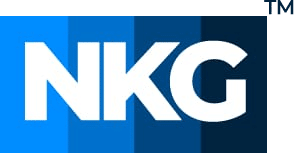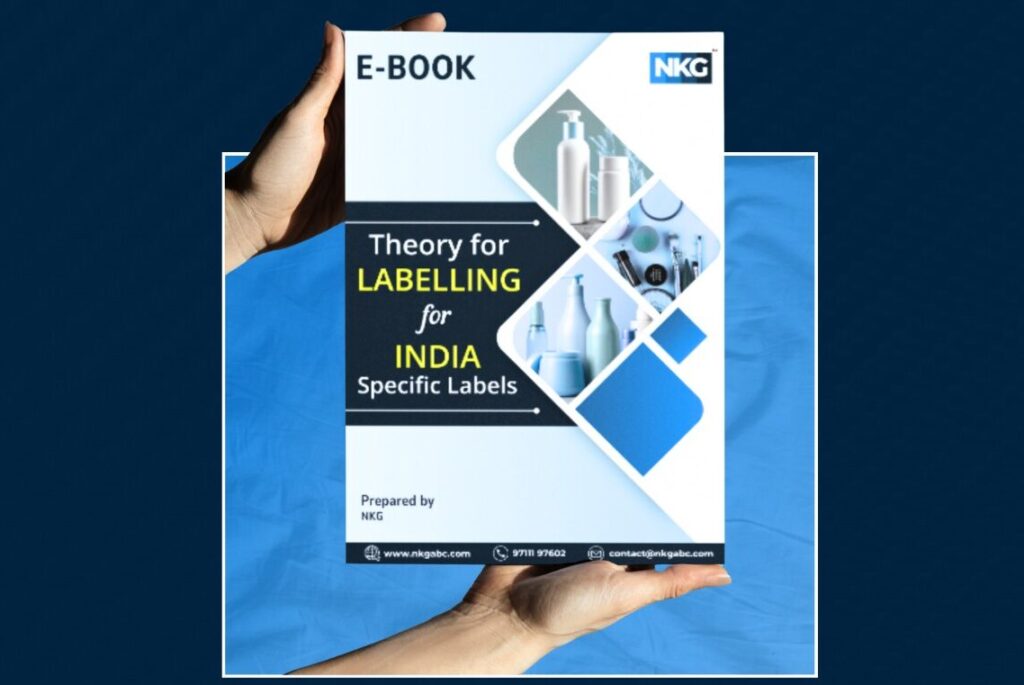Introduction
Electric toothbrushes have revolutionized oral hygiene by making brushing more effective and enjoyable. These modern devices promise cleaner teeth and healthier gums, offering a convenient solution to dental care. However, as their popularity grows, the need for stringent regulations becomes crucial to ensure consumer safety.
Recognizing this, the Government of India has introduced regulations under the Safety of Household, Commercial, and Similar Electrical Appliances (Quality Control) Order 2024. This blog explores these new rules and their impact on importers, manufacturers, and consumers.
Why Regulate Electric Toothbrushes?
As powered devices, electric toothbrushes have inherent risks. Poor-quality products may cause electric shocks, overheating, malfunctioning, or even ineffective cleaning due to substandard design or materials. These issues not only jeopardize consumer safety but also undermine trust in the market. The government’s regulations ensure that all electric toothbrushes sold in India meet strict safety and quality standards. This move protects consumers while fostering fair competition among manufacturers.
What Are the New Rules?
Under the new Quality Control Order, electric toothbrushes must comply with specific requirements. All devices are mandated to adhere to the IS 302 (Part 1): 2008 safety standard for electrical appliances. Additionally, manufacturers and importers must secure certification from the Bureau of Indian Standards (BIS) to legally sell their products in India. The government has set timelines for compliance based on company size: large companies have until March 2025, small companies until June 2025, and micro enterprises until September 2025.
The order provides some exemptions. Products manufactured solely for export are not required to obtain certification, and up to 200 units per year can be imported for research purposes but not sold commercially.
How Does This Impact Importers and Manufacturers?
The new rules significantly impact the operations of importers and manufacturers. Importers must now collaborate with compliant suppliers, ensuring their overseas partners follow BIS standards. To streamline the certification process, imported electric toothbrushes must also undergo testing in BIS-approved labs in India, with proper documentation.
For manufacturers, compliance involves upgrading production processes to meet safety standards, initiating the BIS certification process early, and implementing regular quality checks. Employee training is also essential to maintain compliance throughout production stages.

Applicable Indian Standards for Electric Toothbrush and other Oral Hygiene Appliances
| Product Name | Oral Hygiene Appliances |
| Applicable Indian Standard | IS 302 (Part 1): 2008 |
| Applicable Certification Scheme | Product Certification Scheme (ISI Mark Scheme) Scheme 1 – Schedule 2 |
| Compliance Requirement | Mandatory |
| QCO Link | Quality Control Order |
| Scope as per Standard | This standard covers the requirements for Oral Hygiene Appliances |
Note – Nothing in this Order shall apply to goods or articles manufactured domestically for export.
Why These Rules Matter
The introduction of these regulations is a significant step toward improving the quality and safety of electric toothbrushes in India. For businesses, this creates a level playing field where quality is paramount. For consumers, it guarantees safer and more reliable products. By enforcing these rules, the government reinforces India’s position as a responsible market, encouraging both local and international players to prioritize safety and quality.
Future of the Electric Toothbrush Market in India
These regulations are poised to drive innovation and elevate product standards in the Indian market. Businesses that adapt quickly stand to gain higher market credibility, as BIS certification acts as a badge of trust. Safe and high-quality products foster consumer loyalty, paving the way for long-term relationships. Furthermore, compliance with international standards can unlock opportunities in global markets, creating new avenues for growth.
Your Step-by-Step Guide for BIS Registration Process (Foreign Manufacturer Under FMCS)- Download Now
Download our simplified step-by-step guide to learn how to get BIS Certification (Under FMCS) for Oral Hygiene Appliances and what documents are required for that. Streamline your licensing journey and ensure compliance with ease.
Your Step-by-Step Guide for BIS Registration Process (Indian Manufacturer)- Download Now
Download our simplified step-by-step guide to understand how to get BIS Certification (for Indian Manufacturers) for Oral Hygiene Appliances and what documents are required. Streamline your licensing journey and ensure compliance with ease.
Looking for more insights on compliance, certifications, and industry updates? Explore our blog page for expert guidance and actionable information. Visit Now
Conclusion
While the new rules for electric toothbrushes present challenges, they also open up opportunities for businesses and consumers. Importers and manufacturers must act swiftly to align with these regulations, while consumers can look forward to safer, high-quality products. Businesses involved in the electric toothbrush market can start by assessing current processes, investing in safety and quality, and collaborating with BIS-certified experts to navigate the certification process.
As the industry embraces these changes, one thing is certain: the future of the oral hygiene market in India is brighter, safer, and more promising than ever.







